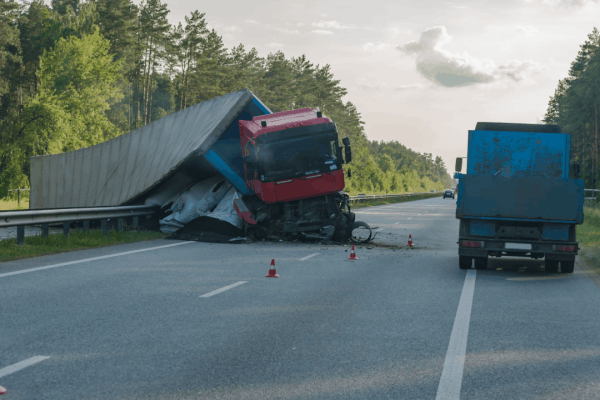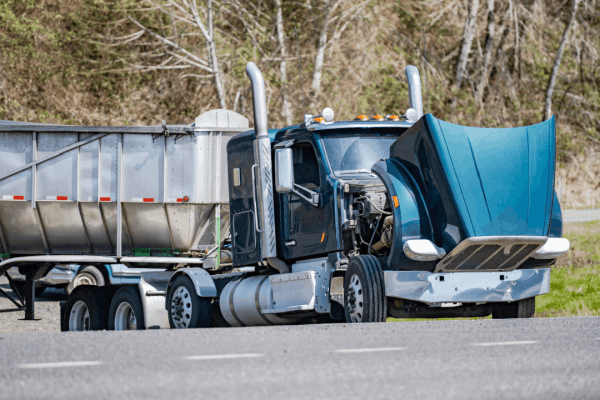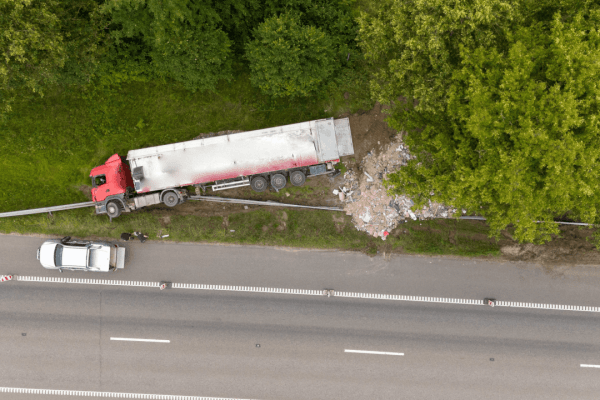
Defending Yourself: Proving You Didn’t Cause the Crash
How to Prove You Didn’t Cause an Accident – Essential First Steps
When you’re involved in a car accident that wasn’t your fault, knowing how to prove you didn’t cause an accident can help you protect your driving record and address potential financial consequences. Being wrongly blamed for an accident can lead to increased insurance premiums, legal liability, and significant financial stress.
The moments immediately following an accident are crucial for building your defense. Taking the right steps can make the difference between proving your innocence and facing unfair consequences. This guide provides actionable strategies to protect yourself and gather the evidence needed to demonstrate you weren’t at fault.
Immediate Actions to Prove You Didn’t Cause an Accident
Document Everything at the Scene
The first step in learning how to prove you didn’t cause an accident is thorough documentation. Use your smartphone to photograph the accident scene from multiple angles, including vehicle damage, road conditions, traffic signs, and skid marks. These photos serve as crucial evidence that can’t be disputed later.
Gather Witness Information
Independent witnesses provide powerful testimony when you need to prove you didn’t cause an accident. Approach bystanders who saw the incident and politely ask for their contact information. Many people are willing to help if approached respectfully.
Obtain Official Police Reports
Request that police respond to the scene, even for minor accidents. The responding officer will create an official report that often includes fault determination based on their investigation. When you need to prove you didn’t cause an accident, this official documentation carries significant weight with insurance companies and courts.
Building Your Legal Defense Strategy
Preserve Physical Evidence
Physical evidence speaks louder than words when you’re trying to prove you didn’t cause an accident. Avoid repairing your vehicle immediately, as the damage patterns can reveal crucial information about the collision dynamics. Insurance adjusters and accident reconstruction experts can analyze vehicle damage to determine fault.
Compile Traffic Camera and Surveillance Footage
Modern cities have extensive camera networks that might have captured your accident. Contact local traffic authorities to request footage from nearby intersections or highway cameras. Many businesses also have surveillance systems that might have recorded the incident.
Medical Documentation and Expert Analysis
If you sustained injuries, comprehensive medical documentation supports your case when you need to prove you didn’t cause an accident. Medical records can corroborate your account of the collision’s severity and direction of impact.
How to Prove You Didn’t Cause an Accident Through Insurance Claims
Contact your insurance company immediately after the accident, but be prepared to advocate for yourself. Insurance adjusters represent their company’s financial interests, not necessarily your best interests. Present your evidence systematically and maintain detailed records of all communications.
Challenge fault determinations that don’t reflect the evidence. Insurance companies can revise their initial assessments when presented with compelling evidence. Understanding how to prove you didn’t cause an accident includes knowing your rights in the claims process and when to seek additional help.
Protecting Yourself When Others Try to Blame You
Sometimes other drivers attempt to shift blame to avoid responsibility. Stay calm and factual when discussing the accident with other parties. Avoid arguing or getting emotional, as these reactions can be misinterpreted later.
Your state’s DMV maintains comprehensive driving records that can support your defense. Clean driving records demonstrate your history as a safe driver, while the other party’s record might reveal patterns of violations or accidents. Request official copies of both your driving record and the other driver’s record if legally permissible.
State and local DOT offices control traffic management systems, including traffic light timing, road signage, and surveillance cameras. When learning how to prove you didn’t cause an accident, DOT records can provide critical evidence about road conditions and traffic control devices.
When You Need Professional Help to Prove You Didn’t Cause an Accident
Complex accidents involving multiple vehicles, disputed fault, or significant damages often require professional assistance. Personal injury attorneys specialize in accident cases and understand how to prove you didn’t cause an accident in challenging situations.Many attorneys offer free consultations for accident cases.
Don’t navigate this complex process alone. Visit trucking accident to connect with attorneys who specialize exclusively in trucking accident cases and understand the intricate laws governing commercial vehicles. Our team offers free consultations and can immediately begin protecting your rights while the evidence is still fresh.
Frequently Asked Questions
1. How long do I have to prove I didn't cause an accident?
You typically have 2-3 years to file a lawsuit, but evidence collection should begin immediately. Insurance claims have shorter deadlines, often requiring notification within days of the accident.
2. Can I prove innocence without witnesses?
Yes, physical evidence, police reports, traffic camera footage, and expert analysis can establish fault even without eyewitness testimony. Vehicle damage patterns often clearly indicate collision dynamics.
3. What if the police report says I'm at fault?
Police reports can be challenged with additional evidence. Officers sometimes make preliminary fault determinations that can be revised when presented with comprehensive evidence packages.
4. How much does accident reconstruction cost?
Professional accident reconstruction typically costs $3,000-$10,000, but this investment can save thousands in liability costs when you successfully prove you didn’t cause an accident.
5. Should I admit any responsibility at the scene?
Never admit fault or apologize at the accident scene. These statements can be used against you later, even if you were being polite. Stick to factual observations only.
Key Takeaways
- Document everything immediately with photos, videos, and witness statements to build strong evidence
- Obtain official police reports and preserve all physical evidence from the scene
- Contact your insurance company promptly but be prepared to advocate for yourself with evidence
- Seek surveillance footage quickly before automatic deletion systems remove crucial recordings
- Consider professional help from attorneys or accident reconstruction experts for complex cases



